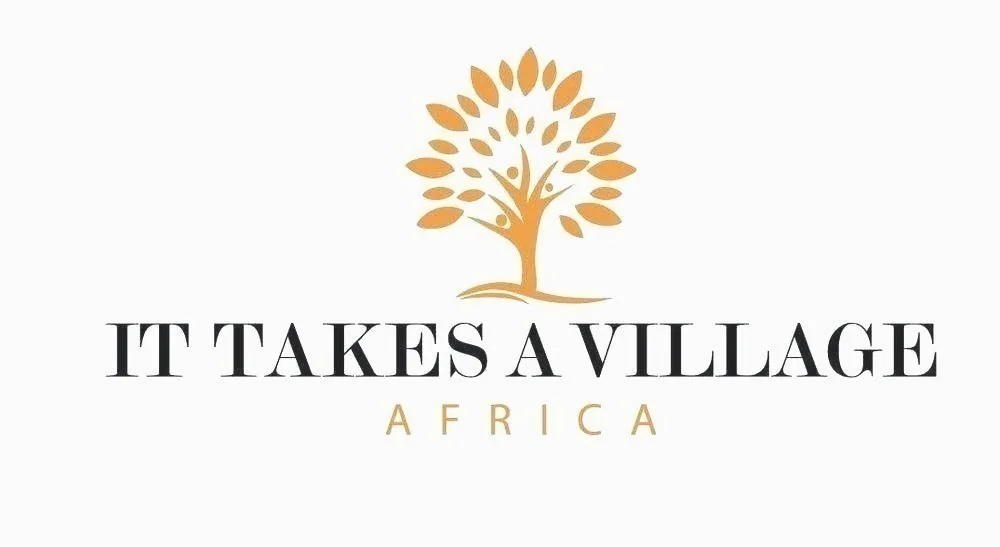Overcoming Systemic Barriers: How We Advocate for Change on the Ground
At the heart of our mission is a deep recognition that systemic barriers—whether in Brooklyn or Liberia—are more than just policy challenges. They are lived realities that affect families, youth, and entire communities in ways that are both immediate and generational. In Brooklyn, barriers often show up in the form of racial inequities, limited access to affordable housing, underfunded schools, and gaps in mental health services. In Liberia, the challenges are different but interconnected: lack of access to healthcare, limited educational infrastructure, and economic instability. Both communities, though geographically distant, are united by struggles against deeply rooted inequities that require courage, creativity, and advocacy to overcome.
Our work begins by being present on the ground, listening closely to the voices of those most affected by these challenges. In Brooklyn, we sit with families navigating housing insecurity, youth who need mentorship and opportunity, and elders who carry wisdom but often lack resources. In Liberia, we listen to mothers seeking clean water for their children, young people who dream of education in the midst of systemic poverty, and entrepreneurs who need tools and training to build sustainable businesses. By centering these stories, we ensure that our advocacy is never disconnected from the lived experiences of the people we serve.
The barriers are complex, and so our response must be multi-layered. In Brooklyn, this means running youth leadership and entrepreneurship programs, creating wellness circles for women, and providing access to financial literacy and digital skills training. These are not just programs—they are lifelines that equip people with tools to thrive and push back against the systems that limit them. In Liberia, our Mobile Health Days bring doctors and nurses directly to rural communities, while our Clean Water and Urban Farming projects ensure that basic human needs are met. Education is another cornerstone: from S.T.E.A.M. School-in-a-Box programs to girls-in-tech initiatives, we invest in young people who will carry forward the work of transformation.
At the policy level, we know that grassroots advocacy must translate into systemic change. In Brooklyn, this means building coalitions that push for equitable housing, educational justice, and mental health resources. We partner with community leaders and local organizations to ensure that the issues of Black and immigrant communities are not ignored in broader conversations about development and equity. In Liberia, advocacy means working with local chiefs, government leaders, and international partners to strengthen public health systems, improve school access, and create economic pathways that lift families out of generational poverty. Our dual presence allows us to learn from both contexts and share strategies across borders.
Equally important is the power of cultural connection. We believe that bridging Brooklyn and Liberia is not just about programs—it’s about remembering that the struggles in both places are linked by a shared history of resilience and a shared future of possibility. When a young person in Brooklyn participates in a cultural workshop that teaches African heritage, they are reminded of their identity and strength. When a Liberian youth learns digital skills that connect them to global opportunities, they are reminded that their dreams are valid and within reach. In this way, our advocacy is not only political but also deeply cultural, healing the fractures of history while building bridges for the future.
None of this work can be done alone. Our advocacy is strongest when it is collective—when Brooklyn residents stand in solidarity with Liberian communities, and when diaspora leaders bring their resources and expertise back home. By building partnerships across neighborhoods, cities, and continents, we multiply the impact of our efforts and create a model of advocacy that is global in scope but local in action.
Every day we are reminded that systemic change is possible when communities are empowered to lead the fight. Whether in the streets of Brooklyn or the villages of Liberia, our advocacy is grounded in listening, action, and hope. We do not see barriers as immovable walls but as challenges that, together, we can dismantle brick by brick. By holding space for both communities, we ensure that the change we fight for is not only systemic but also deeply human—rooted in love, resilience, and the belief that a just future is within reach.
Join us in this mission. Whether through donations, volunteering, or spreading awareness, your support helps us break down barriers and build bridges between Brooklyn and Liberia. Together, we can create lasting change and empower the next generation to lead with courage and vision.
Erica Krutu Davies is a Brooklyn and Africa-based digital entrepreneur and the founder and chief executive officer of It Takes a Village Africa Corporation and EKD Coaching and Training Group, organizations that aim to empower girls and women through education and technology.


